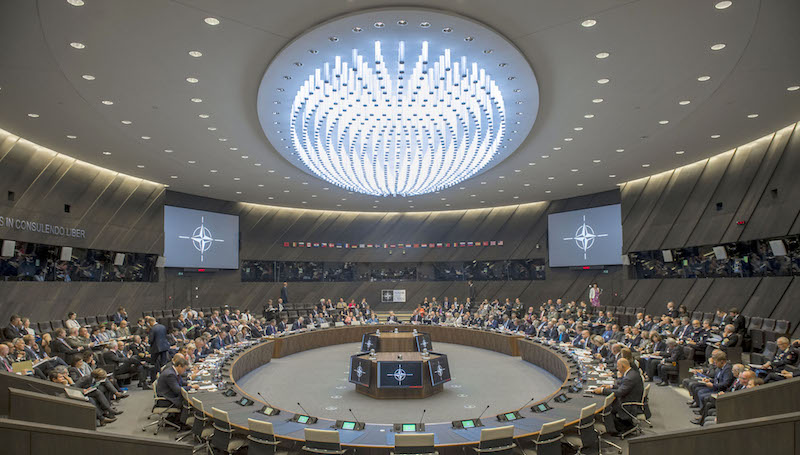Immigrants from around the world come to Canada because of its history of religious tolerance and cultural freedom. This is one reason why the inclusion of new legislation in the Quebec Charter of Values and Freedoms has sparked so much debate and controversy. The Parti Quebecois government of the province of Quebec has recently put forward new laws that will ban public sector workers from wearing religious clothing at work, including turbans, hijabs, kippah, and anything that is considered as religious iconography.
Mixed Feelings
Public opinion is divided on the issue. Many believe the Charter, which will ban teachers, police officers, and other public sector workers from wearing religious garb, will be beneficial for promoting a secular state. Others argue that the laws infringe the most basic religious freedoms. As an example, Harry Levine, president of the Quebec Branch of the Jewish Organization B’nai Brith, said “[t]hey are trying to remove religious freedoms. They’re trying to impose rules on religious values.” Montreal’s MP told the French language CBC news network that the Charter will create systematic discrimination, especially against women. The Catholic Church took issue with the Charter, arguing that it is more likely to promote disagreement and resistance. The Church also addressed gender inequality within the workplace – positions of public office will become even more difficult for women to hold. Religious Muslim men, however, may continue to wear long beards and hold official positions.
[captionpix align=”right” theme=”elegant” width=”300″ imgsrc=”http://natoassociation.ca/wp-content/uploads/2013/09/quebec_charter_protest_11.jpg.size_.xxlarge.letterbox1.jpg” captiontext=”Protesters”]
The Controversy
Non-Christian citizens argue that the law will disproportionately affect them. In 1774, the right to practice Catholicism was granted in Canada, which allows for the crucifix to remain above the Speaker’s Chair in the National Assembly. Even if the new Quebec Charter is confirmed, the crucifix will not be removed. Others argue that if the Quebec government and its supporters want a secular state, no exception should be made for Christianity, even if it has a historical role. Citizens are beginning to question whether Quebec’s version of secularity resembles an American version of politics – another supposedly secular state that is heavily influenced by the Christian Right. How far will these measures impact the policing of citizens?
Quebec is a very distinct province when compared to Canada as a whole. Quebec’s distinctive traits, such as the debate on the use of English and French and restrictive immigration policies, have not affected the status of Canada as a whole. If the Charter of Values of Quebec is passed, Quebec will amplify its label as a province that is unaccepting.




